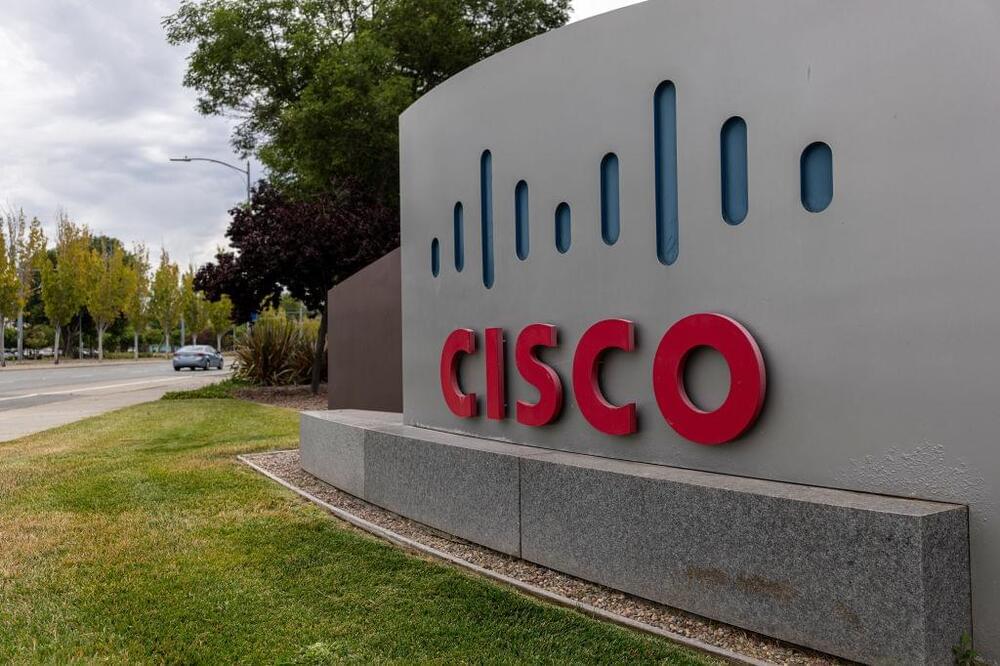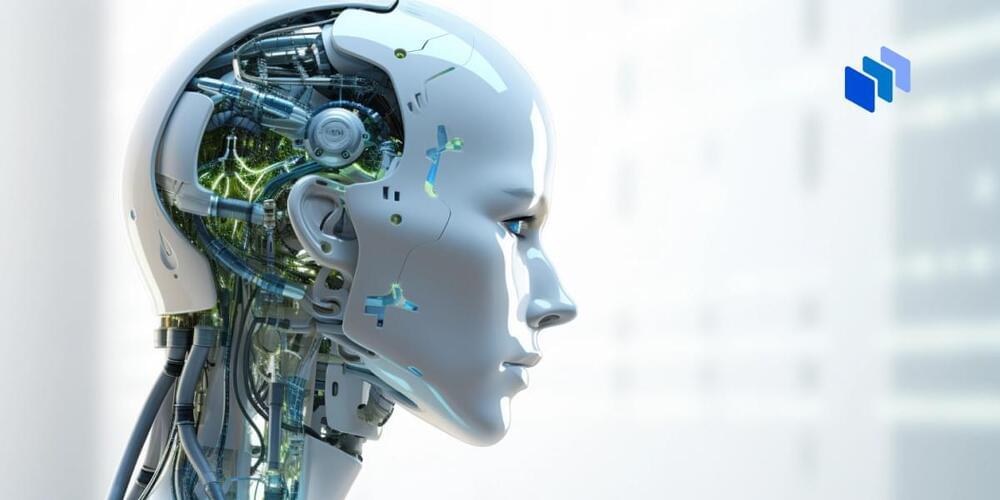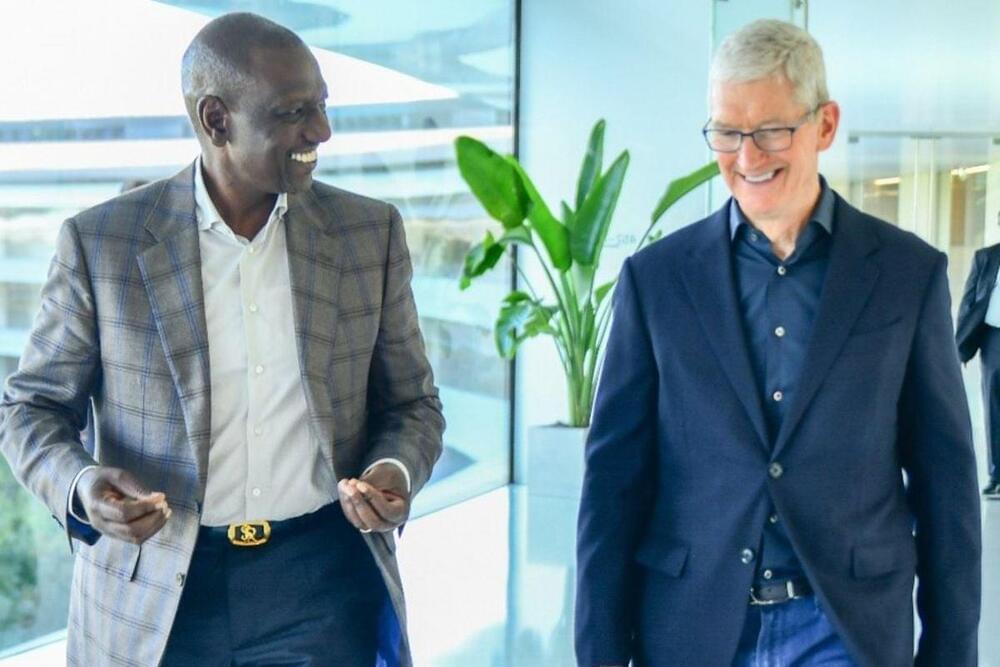Jason Shawhan, Tesla’s director of manufacturing at Giga Texas, recently gave a rare talk about the facility’s existing operations and the company’s plans for the future. The executive shared the information during a keynote address at the State of Manufacturing conference and expo, which was held by the Austin Regional Manufacturers Association.
Tesla is the world’s most valuable automaker by market cap, and its CEO, Elon Musk, is one of the most visible chief executives in the auto industry. Despite this, Tesla has a reputation for being tight-lipped when it comes to the details of its operations. Rare appearances from high-ranking executives such as Shawhan, who serves as director of manufacturing at Gigafactory Texas, are therefore very interesting.
Shawhan did not disappoint, as he did share a number of important insights about the facility. As noted in a report from the Austin Business Journal, the executive confirmed that Giga Texas has become the second-largest private employer in the region because the factory currently employs over 20,000 workers today. This is a notable increase from the 12,277 employees that Tesla confirmed at the end of 2022. Considering Gigafactory Texas’ growth so far, it would appear that the facility would be outpacing Musk’s estimates.







